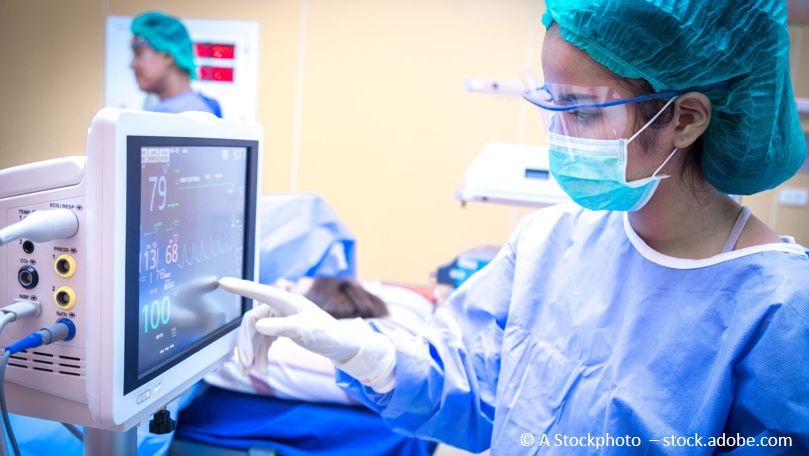
However, our health data is extremely sensitive. Data protection and compliance with regulations are therefore essential. AI-supported decisions can also have an enormous impact on those affected; for this reason, they must be comprehensible, transparent and controllable.
This is where the KISSKI AI service centre comes in. At KISSKI, we understand the sensitivity of health data and the need to develop ethical, transparent and practical solutions. The aim is to integrate AI into medical practice not only effectively and innovatively, but also responsibly.
The AI service for the health sector is aimed at:
- Institutions such as university clinics and hospitals, health insurance companies, associations of statutory health insurance physicians, medical research institutions.
- SMEs and start-ups from the biotech, pharmaceutical, medical technology and digital healthcare sectors.
Possible Applications in the health sector:
- Novel diagnostic tools from intelligent imaging techniques.
- Omics data analysis for the identification of relevant gene markers for the diagnosis and therapy of diseases.
- Clinical decision support.
- Care of patients in rural areas (e.g. via AI-supported telemedicine).
Examples
of AI-driven applications in the health sector that have been developed in the KISSKI consortium:
AuMEDa
AuMEDa: Automated information and feature extraction from medical documents - structured data with artificial intelligence
Responsible consortium partner: UMG
CorMeum
CorMeum: Web browser-based app for heart attack risk prediction
Responsible consortium partner: UMG
Multidimensional inpatient routine data
For data requests to data integration centers of the Medical Informatics Initiative (such as the UMG-MeDIC of the UMG and the DIZ of the MHH), the German Research Data Portal for Health (FDPG) should be used. The application process is described here. UMG researchers should contact umg.medic@med.uni-goettingen.de, MHH researchers who only require data from the MHH DIZ in the planned project should contact fdm@mh-hannover.de.
Responsible consortium partner: UMG, MHH
Quick-start guide
Get in touch with us
Feel free to contact us via the contact form or use our initial consultation.
